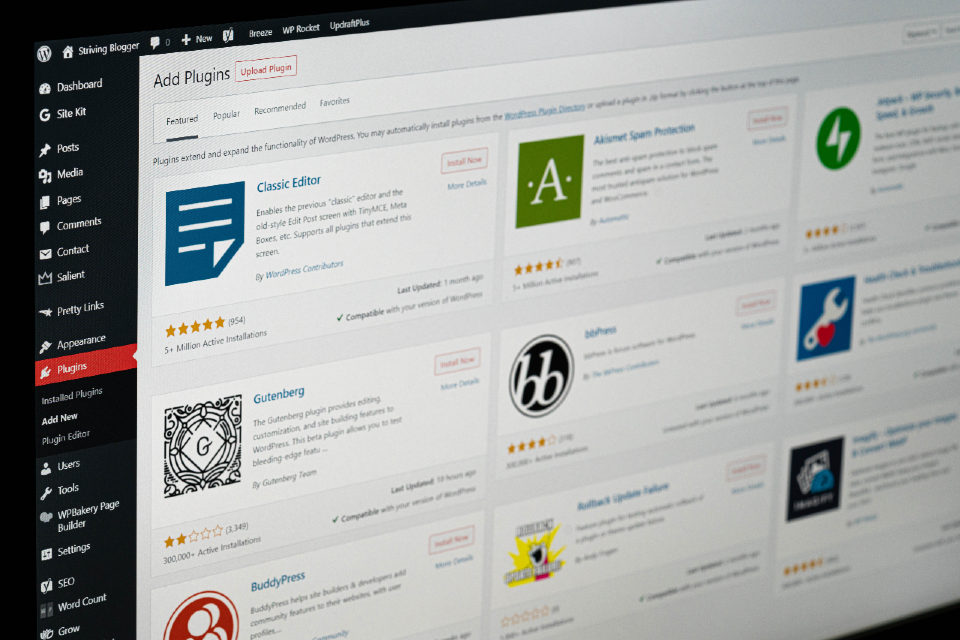The Christmas window display has become a UK tradition up and down the country, especially in tourist hot spots. Since being pioneered by RH Macy’s in 1874, big businesses are still finding innovative ways to keep the festive feels fresh 149 years later.
This isn’t a coincidence, the best businesses in the country and beyond have realised that an innovative window display makes for the perfect festive marketing tool. Christmas window displays increase brand awareness, promote products, can be themed alongside marketing campaigns and do the rounds on social media.
In 2022, seasonal sales in the UK were forecast to reach £82 billion. This is the highest retail value of festival sales in Europe, making window displays more important than ever to help compete in this lively market – especially with UK adults buying roughly 32 gifts a year.
But what are the best and most inventive Christmas window displays of the last decade? We spoke to the slimline aluminium window experts at The Heritage Windows Company to get their perspective on which displays went above and beyond to stand out from the rest.
Harvey Nichols (2022) – a festive fashion show
A love letter to the glamour fashion trends of 2022, Harvey Nichols’ 2022 Christmas window display was adorned with mirror balls, high fashion and sequins – reflecting the faces of happy visitors at its iconic unveiling in Knightsbridge.
The focus on metallics and reflective surfaces lit the windows up like a Christmas tree, creating an eye-catching showcase of bright lights and fashion. All glitz and glamour, Harvey Nichols stood out from Harrods and Selfridges by getting their display ready by the end of October… we’ll let you decide whether that’s too early or not!
Harvey Nichols has understood what it means to create a workplace that welcomes customers and employees with fantastic use of lighting, a skill which can be applied anywhere with careful consideration.
We can’t wait to see what they cook up this year.
Harrods (2018) – Instagrammable festivity
Harrods’ 2018 display, Fantastica, showcased everything that captures the minds of the Instagram generation – finding inventive ways to reflect the spirit of social media in the festive season.
Each window in the display represents a different photo frame of Instagrammable festive subjects, from gift giving to Christmas dinner, all of which are elevated with a colourful and considered design.
Harrods established an entire department to design this display, The Department of Surprise and Delight. Sounds like a great place to work, if you ask us!
They did a fantastic job on Fantastica, mixing glamour, traditional Christmas spirit and modern trends in a way which didn’t feel out of place for a second.
Fenwick (2018) – we’re walking in the air
2018 was a great year for Christmas window displays across the country, with Fenwick’s Newcastle display tugging on the country’s collective nostalgic heartstrings. Their display, We’re Walking in the Air, reenacted famous scenes from the Christmas picture book classic, The Snowman (1978).
Each window as magical as the last, scenes from the book were lovingly recreated with impressive detail and lighting. The scenes were partly animatronic, too – capturing the feeling of the snowman coming to life surrounded by moving train sets, spinning platforms and all kinds of festive magic.
This display had something for everyone, especially for nostalgic parents and children discovering the magic for the very first time.
Fortnum & Mason (2019) – feline festive
A throwback to the department store’s roots, this Christmas display depicts festive characters from artist Edward Bawden’s Fortnum & Mason 1958 Christmas campaign.
The detailing in this display is simply outstanding, featuring feline characters making Christmas magic behind the scenes in a Christmas factory. Golden pipes, illuminated bottles of champagne being corked, Christmas crackers getting tested and more are represented in each subsequent window.
The charming feline models steal the show, however, with each as characterful as the last.
Selfridges (2018) – rockin’ around the Christmas tree
In 2018, Selfridges went for a ‘Heritage Rocks Christmas’ theme, dressing up Santa in an assortment of different rock’n’roll outfits over the decades.
From glam rock to the 90s, Santa absolutely sleighed all the iconic looks featured. With golden mic stands and plenty of power stances, we love the ambition to do Christmas a little bit differently – finding the fun in a Christmas winter display that invokes all the excitement of the first Slade track of the season.
We can’t wait to see what iconic displays are featured this year – but one thing’s for sure, it’s going to be hard to top these fantastic windows. We’re sure they’ll all be up for the challenge.











